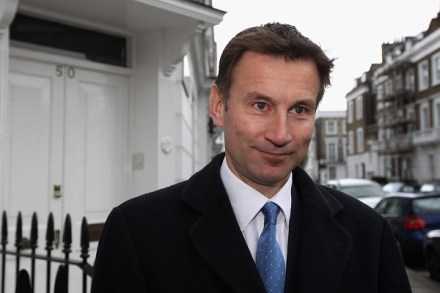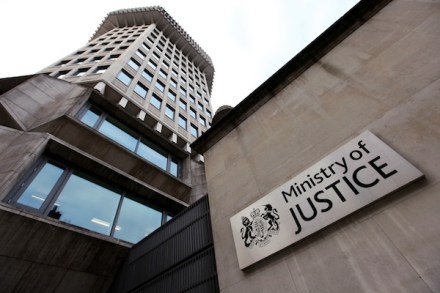The titans clashed over Leveson, and nobody cared
I got lost about two minutes into PMQs today. Or maybe sooner. Jeremy Hunt’s in trouble over that old business again. And Baroness Warsi has breached the ministerial code but hasn’t resigned. So Ed Miliband wanted to know why Warsi has been referred to someone or other and Hunt hasn’t. And David Cameron said it was because of the Leveson inquiry. And Miliband said no, it can’t be because of Leveson because Leveson has nothing do with it. And Leveson has said that Leveson has nothing do with it. And that’s when I lost track of who had, or hadn’t, been reported to this person, or that inquiry, about this



















